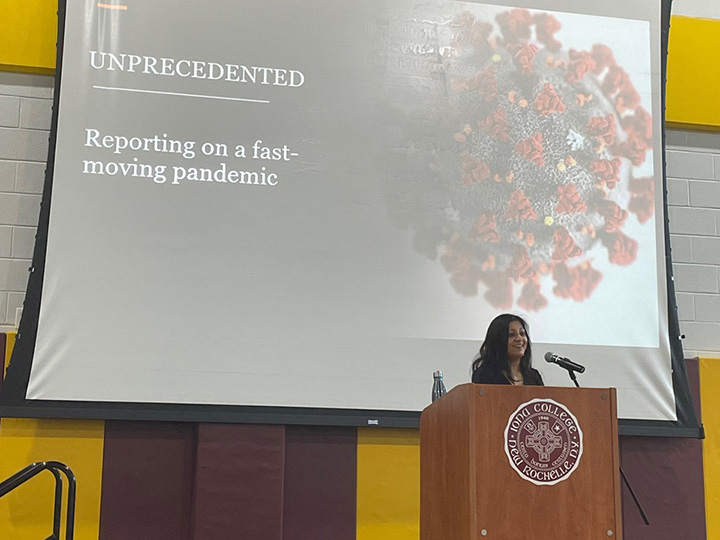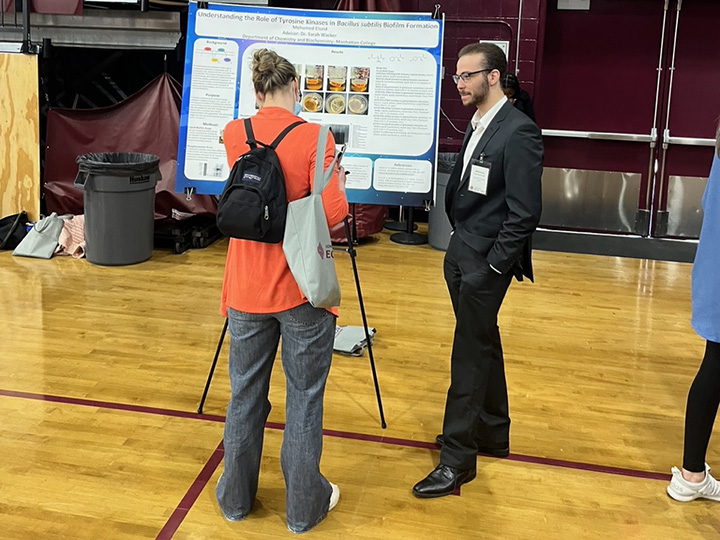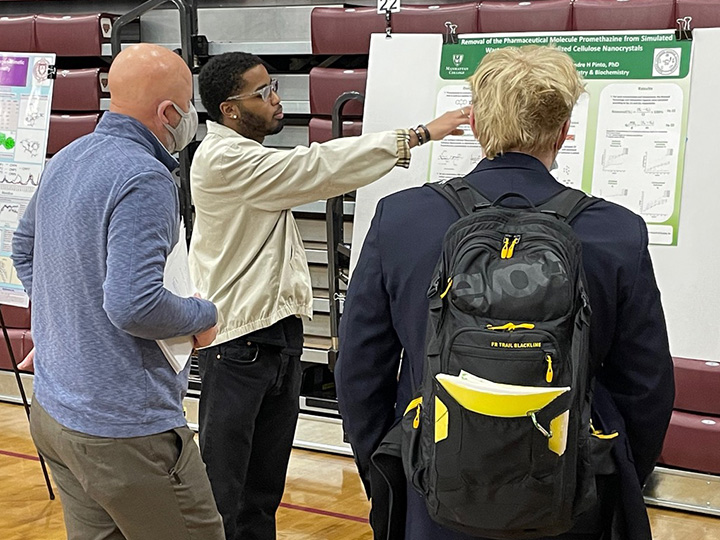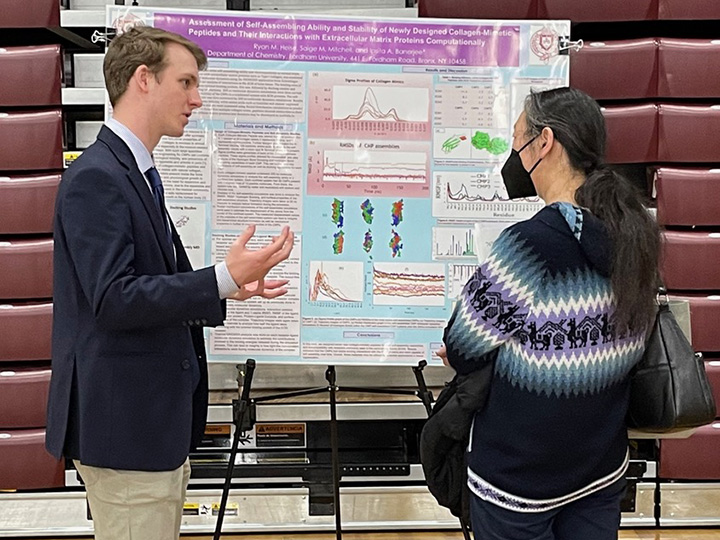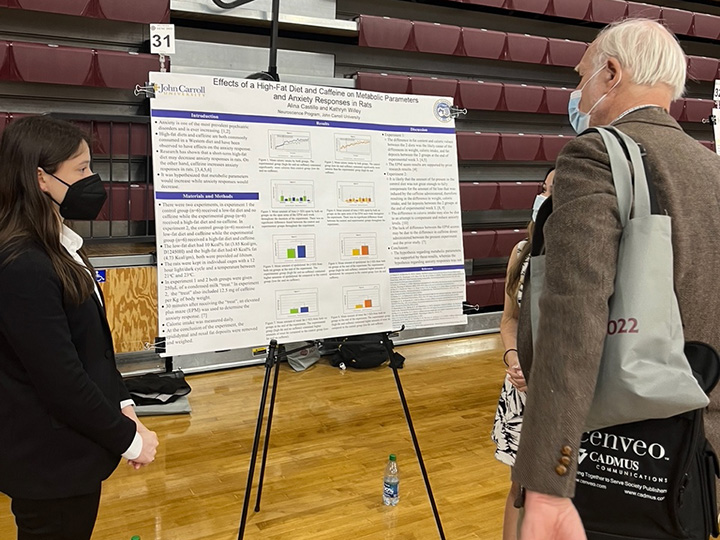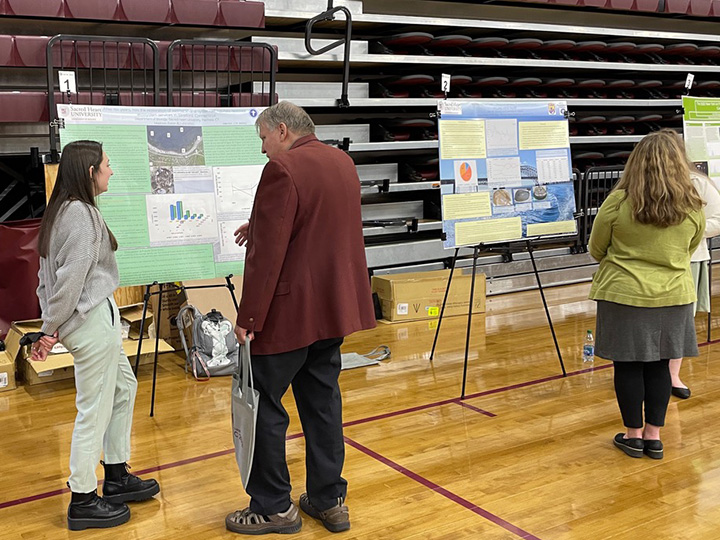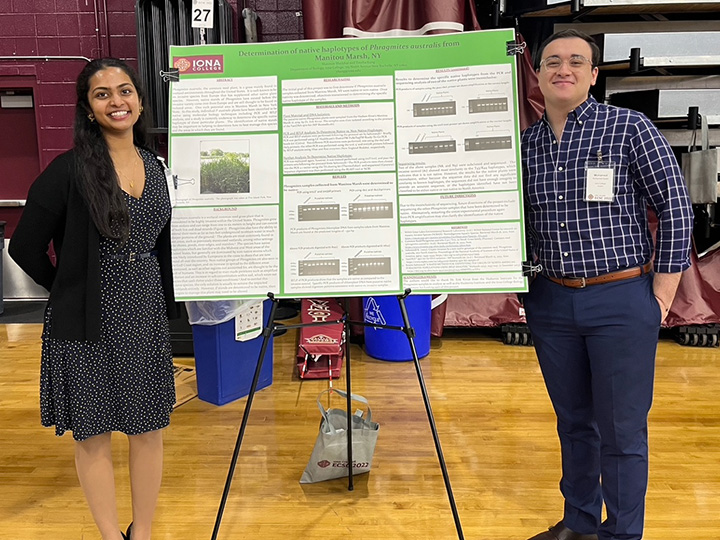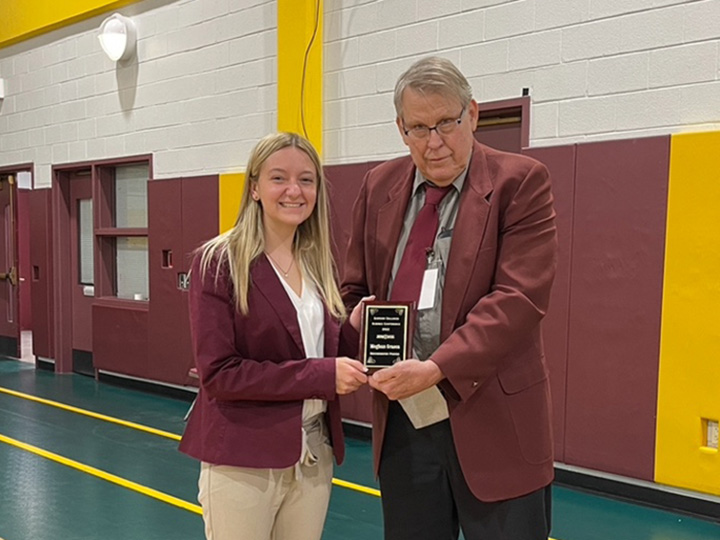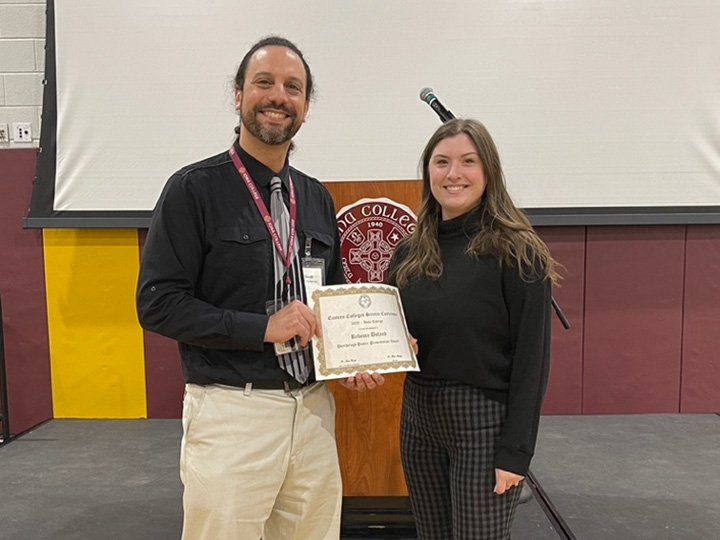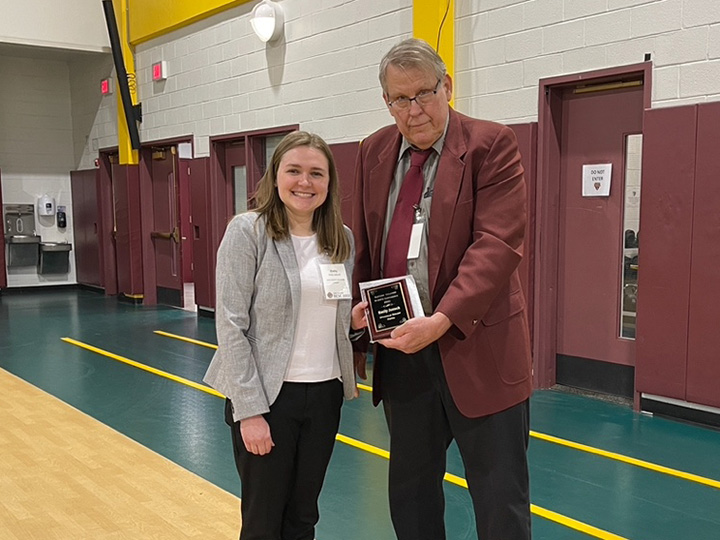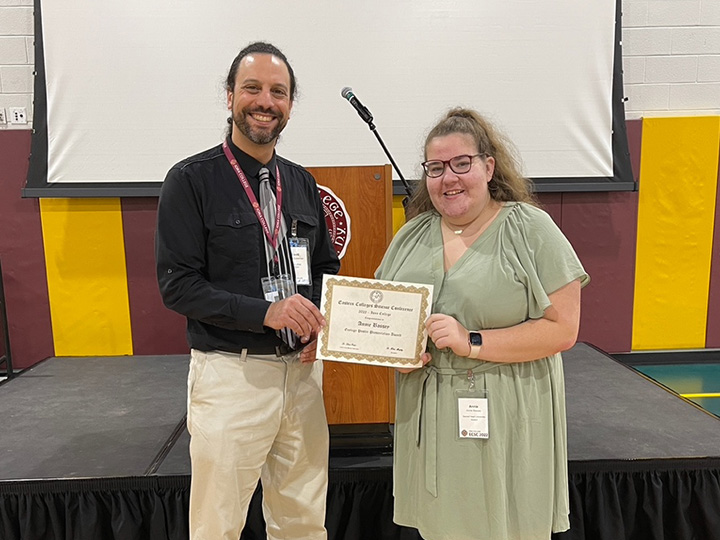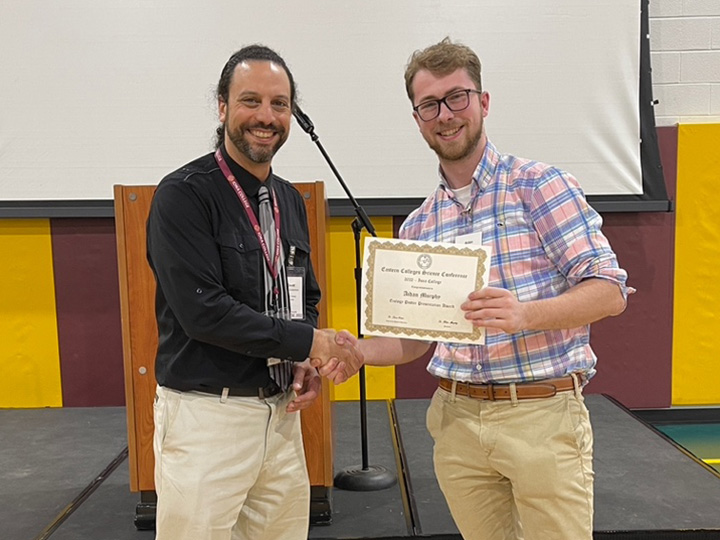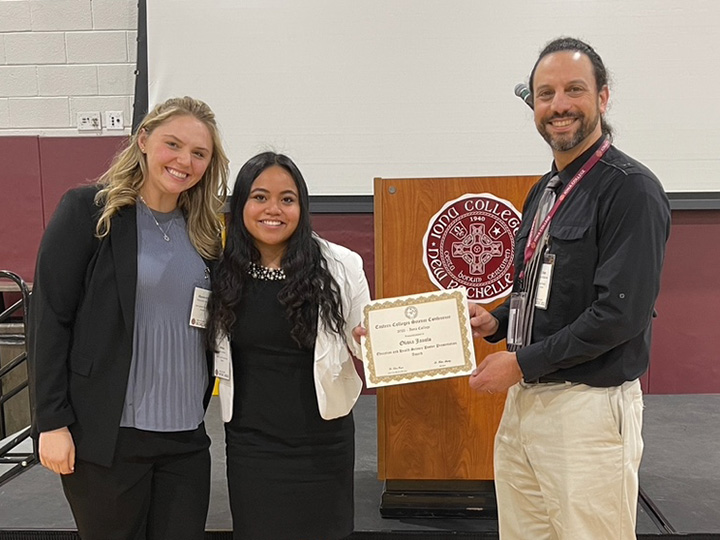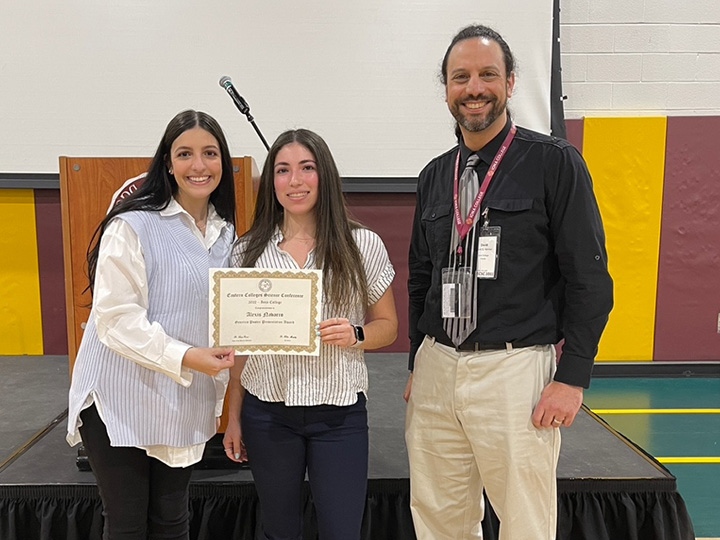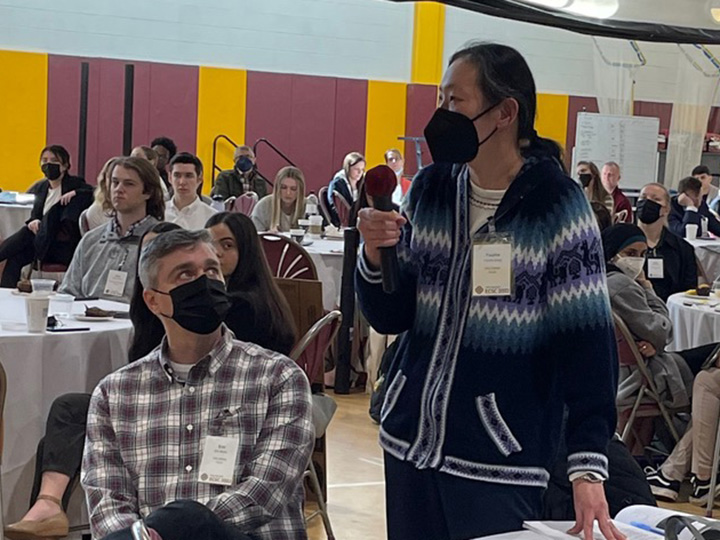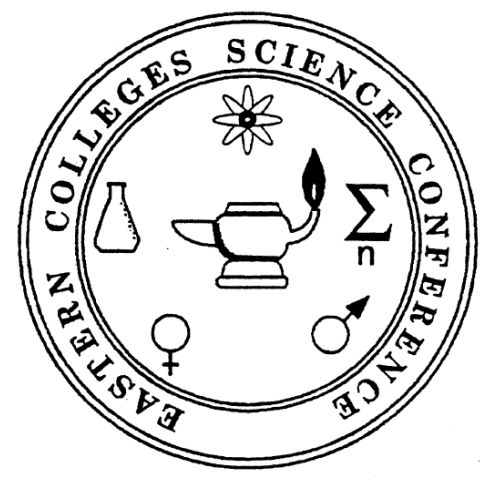ECSC:Eastern Colleges Science Conference
The first Eastern Colleges Science Conference (ECSC) was organized in 1947 by an undergraduate student, Pauline Newman at Vassar College in Poughkeepsie, New York. The aim then, as now, was to stimulate interest in undergraduate research in the sciences and related fields and to provide a lively forum for the presentation of research papers. Pauline Newman received her bachelor's degree in chemistry and went on to receive a Ph.D. in chemistry from Yale. Eventually, Dr. Newman became a federal judge in Washington D.C. About 22 schools attended the first conference, and the theme was "Science, Philosophy and Society.”
The constitution of the ECSC was ratified on April 24, 1948 at Union College in Schenectady NY, making the conference a self-sustaining body.
In 1972 the Pennsylvania State University (PSU) was named the repository for all official documents of the ECSC. At that time, Professor Stanley Shepherd was named the permanent secretary of ECSC. In 1980 Professor Shepherd stepped down and Professor Gerard O'Leary from Providence College was elected to the post.
In 1983 the ECSC was incorporated in Rhode Island and now operates with a Board of Directors, elected from faculty of the participating colleges and universities. In 1986 Professor Gerard O'Leary stepped down, and Professor Edward Gabriel of Lycoming College was elected Chair of ECSC. In 1995 Dr. Gabriel was succeeded by Professor Lance Evans of Manhattan College. In 2007, Dr. Michael Kotarski of Niagara University was elected Chair of the Board of Directors. In 2011, Dr. Don Stearns of Wagner College was elected Chair of the Board of Directors. In 2020, Dr. Lance Evans was elected Chair of the Board of Directors.
Over the years interest has increased in the conference and over 50 colleges and universities have attended this annual event. Over time the range of subject matter has also expanded and now covers computer science and behavioral and social sciences, as well as the original areas of biology, chemistry, mathematics, physics and engineering. Please review “Our History’ to understand the full scope of the conference and if you are a first time viewer, please review some of our recent conferences to understand how they work. Please get yourself and your students involved. Science is so important!
